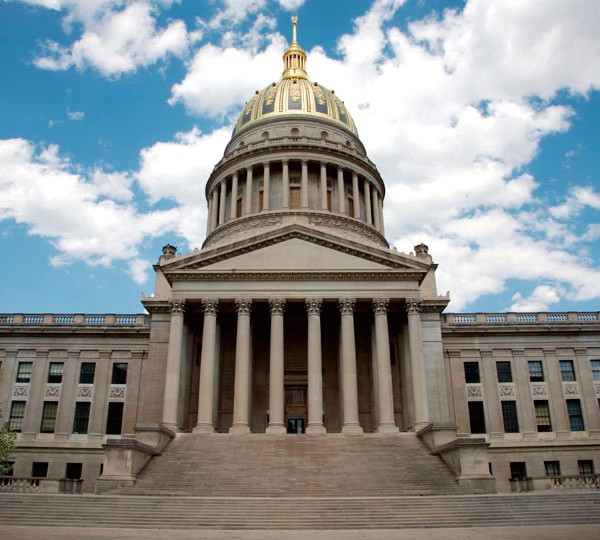CHARLESTON — The House of Delegates is working a second locality pay bill in the final weeks of the legislative session.
The House Finance Committee originated and passed a bill Friday morning that would give the commissioner of the state Division of Corrections and Rehabilitation the ability to raise the pay of some correctional officers up to $10,000.
The agency is targeting regional jails and juvenile facilities in the Eastern Panhandle that have been hit hard by retention and recruitment issues. The House is also considering a locality pay bill for state police. The measure, HB 4473, is scheduled for final passage in the House on Monday.
Delegate Larry Rowe, D-Kanawha, spoke in favor of also providing locality pay for COs.
“We struggle to bring the pay for correctional officers up to a somewhat respectful amount and I think this gives the commissioner the ability to get them in certain locations up to an amount that would be somewhat competitive,” Rowe said during Friday’s committee meeting.
The bill itself does not spell out who would get the raises but the committee attorney said in conversation with the commissioner’s office they were considering $7,500 locality pay increases for correctional officers at the Eastern Regional Jail in Martinsburg, the Potomac Highlands Regional Jail in Hampshire County, the J. M. Chick Buckbee Juvenile Center in Hampshire County, the Vicki Douglas Juvenile Center in Martinsburg and the Martinsburg Correctional Center. The raises would cost just more than $2.1 million.
Two of those locations are in Hampshire County. Delegate Ruth Rowan, R-Hampshire said she’s seen the exiting of correctional workers firsthand.
“The state pays for their training and after they’re trained they stay a year or so and go to Cumberland (Md.) or Winchester (Va.) and get paid a lot more,” Rowan said.
Delegate Brent Boggs, D-Braxton, supported the bill but said he hoped it wouldn’t create difficulties among jail workers in other parts of the state.
“If we get too far out of line between locations it’s just going to create a shortage and people are going to get disenchanted and leave,” Boggs said.
The bill now heads to the full House for consideration.
TWEET @JeffJenkinsMN




